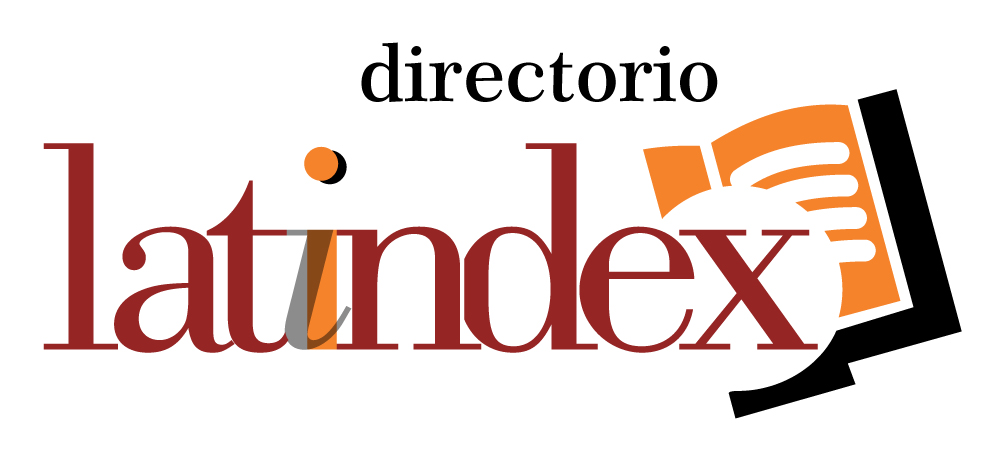Nietzsche and science
experimental living
Keywords:
Science, Method, Utility, Metaphysics, LifeAbstract
The work focuses Nietzsche’s writings ‘intermediary period’, especially Human, All Too Human. In this period, Nietzsche experiments disruptions regarding himself and the environment, noticeable on the 1886 prologues and Ecce Homo. We try to expose how what is viewed as ‘natural’ or ‘artificial’ may become usual or useful by morals and metaphysics in the history of life and thinking. The presentation follows a ‘scientificized’ point of view – opposed to or apart from the ‘metaphysicized’ order – of knowledge and knowing. Both Nietzsche envisages these processes and helps to understand psychologically-philosophically on the middle work (Human, All Too Human, Daybreak and The Gay Science), which we judge to provide his thought with the genealogy understood here as combination of scientific methods and results appropriated by the author.
Downloads
References
BÍBLIA SAGRADA. Trad. Centro Bíblico Católico. 73a ed. São Paulo: Ave Maria, 1991.
CORBANEZI, E. Experimento (Versuch). In: MARTON, S. (ed.). Dicionário Nietzsche. São Paulo: Loyola, 2016, 220-1.
DARWIN, C. On the origin of species by means of natural selection or the preservation of favoured races in the struggle for life. Nova Iorque: D. Appleton and Company, 1861.
D’IORIO, P. Nietzsche na Itália: a viagem que mudou os rumos da filosofia. Trad. Joana Angélica d’Avila Melo. Ed. digital. Rio de Janeiro: Zahar, 2014.
FREZZATTI JR., W. A. Darwinismo (Darwinismus). In: MARTON, S. (ed.). Dicionário Nietzsche. São Paulo: Loyola, 2016, 175-8.
______. Sintoma (Symptom). In: MARTON, S. (ed.). Dicionário Nietzsche. São Paulo: Loyola, 2016, 378-80.
KLUGE, F. An etymological dictionary of the German language. Trad. John Francis Davis. Londres: George Bell & Sons. Nova Iorque: MacMillan & Co., 1891.
LEITER, B. Nietzsche on morality. Londres: Routledge, 2002.
NIETZSCHE, F. W. A gaia ciência. Trad. Paulo C. Souza. São Paulo: Cia. de Bolso, 2012.
______. Além do bem e do mal: prelúdio a uma filosofia do futuro. Trad. Paulo C. Souza. São Paulo: Cia. de Bolso, 2005.
______. Ecce homo: de como a gente se torna o que a gente é. Trad. Marcelo Backes. Porto Alegre, RS: L&PM, 2011.
______. Human, all too human. Trad. R. J. Hollingdale. Introd. Richard Schacht. Cambridge: Cambridge University Press, 2005a.
______. Humano, demasiado humano: um livro para espíritos livres. Trad. Paulo C. Souza. São Paulo: Cia. de Bolso, 2005b.
______. Humano, demasiado humano: um livro para espíritos livres, vol. II. Trad. Paulo C. Souza. São Paulo: Cia. de Bolso, 2017.
RICHARDSON, J. Nietzsche’s psychology. In: ABEL, G.; BRUSOTTI, M.; HEIT, H. (eds.). Nietzsches Wissenschaftsphilosophie. Berlim: Gruyter-Verlag, 2011, 311-28.
SCHMIDT, J. Kommentar zu Nietzsches Morgenröthe. Band 3/1. In: Historischer und kritischer Kommentar zu Friedrich Nietzsches Werken. Berlin: Walter de Gruyter, 2015.
STEGMAIER, W. As linhas fundamentais do pensamento de Nietzsche. Org. Jorge Luiz Viesenteiner e André Luis Muniz Garcia. Petrópolis, RJ: Vozes, 2013.
VIESENTEINER, J. L. Nietzsche e a vivência de tornar-se o que se é. Campinas, SP: PHI, 2013.
VISSER, G. Vivencia. Erlebnis. In: NIEMEYER, C. (ed.) Diccionario Nietzsche. Conceptos, obras, influencias y lugares. Ed. espanhola G. Cano. Madri: Biblioteca Nueva, 2012, 530-1.
WOTLING, P. Nietzsche e o problema da civilização. Trad. Vinicius de Andrade. São Paulo: Barcarolla, 2013.
Downloads
Published
How to Cite
Issue
Section
License
Copyright (c) 2024 Hércules Garcia da Silva Neto

This work is licensed under a Creative Commons Attribution-NonCommercial-NoDerivatives 4.0 International License.









